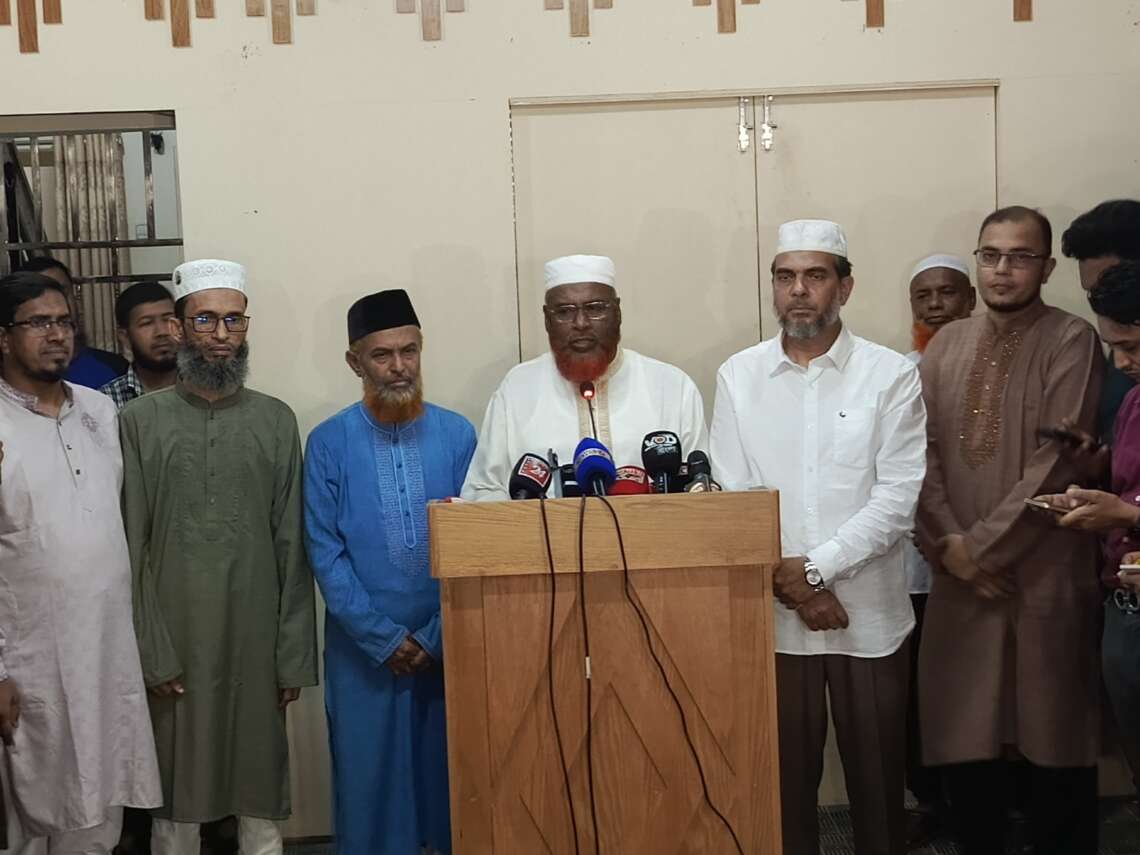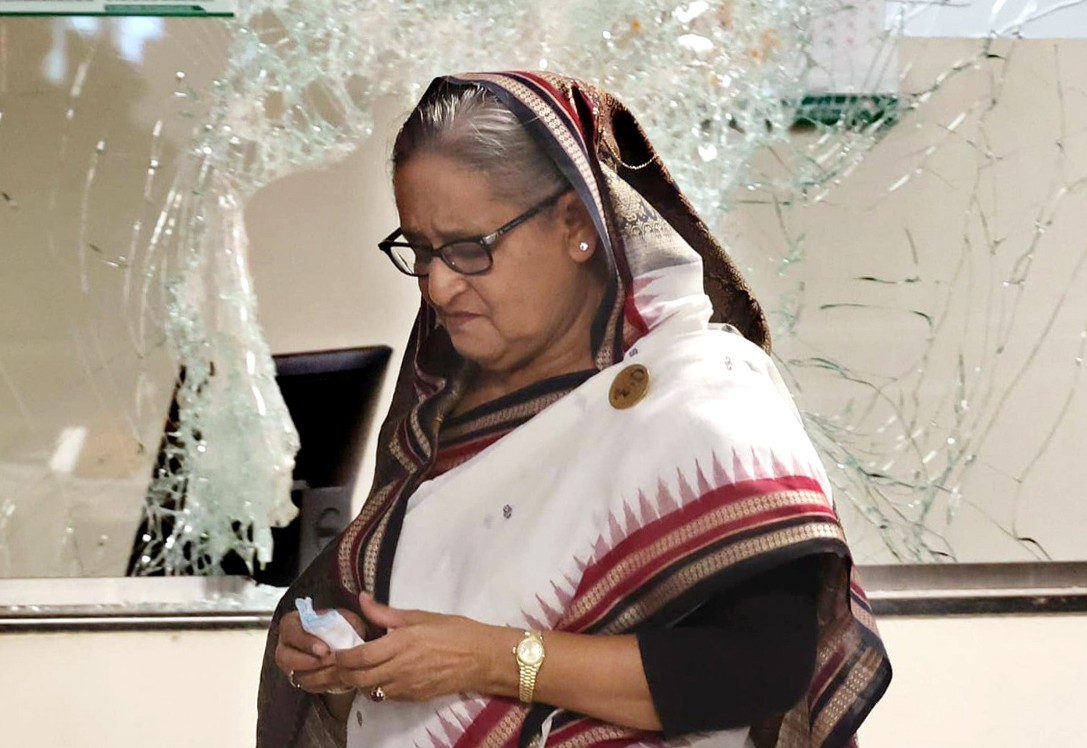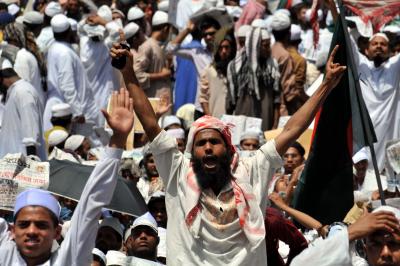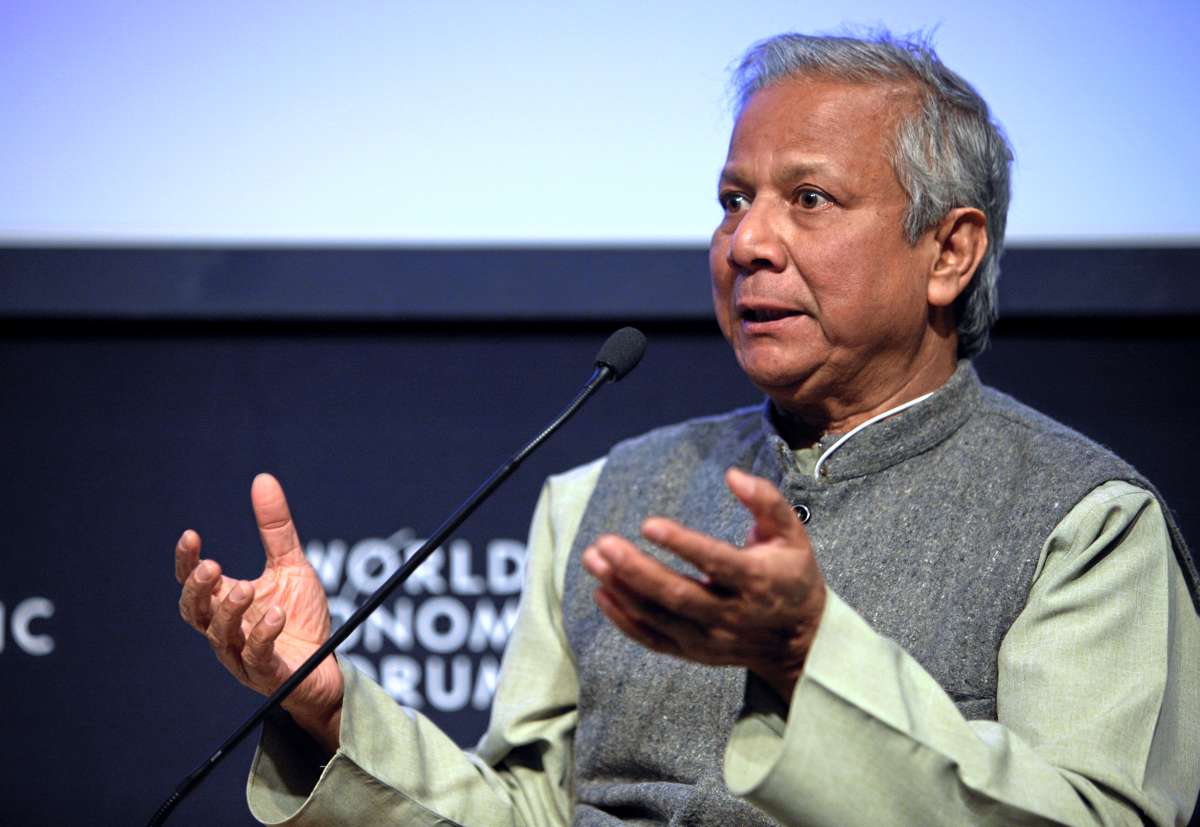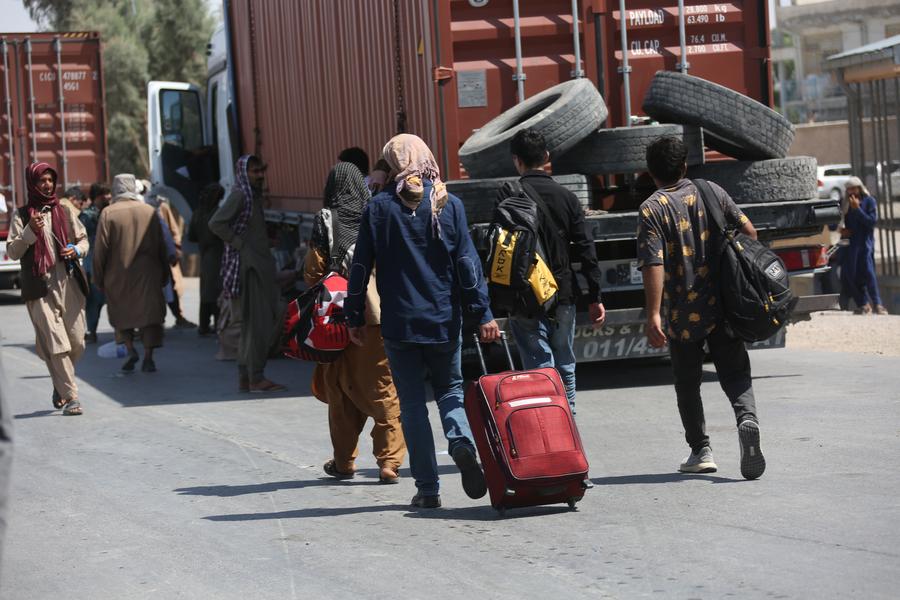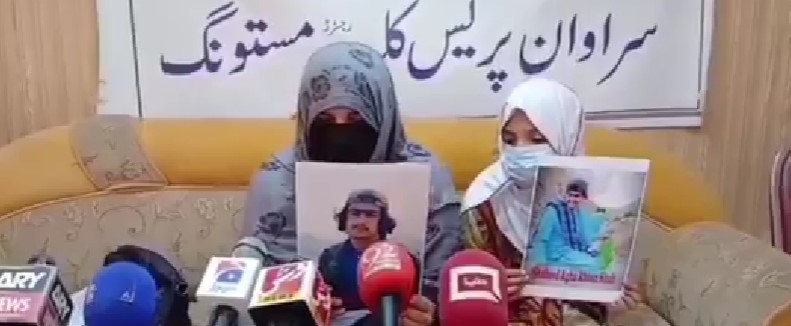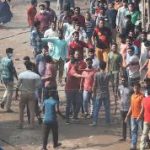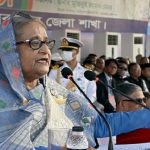Maulana Manjurul Islam Afendi, Secretary General of Jamiat Ulama-e-Islam, noted that efforts to bring these parties together had been in motion for years, but challenges remain in achieving consensus on the modalities of cooperation.
In a significant political development ahead of Bangladesh’s national elections, five hardline Islamist parties have announced the formation of a joint liaison committee, with the stated aim of consolidating their electoral strategies and contesting under a unified front. The move comes amid growing unease about the return of radical forces to mainstream politics and the recent reinstatement of Jamaat-e-Islami, a party long associated with the country’s 1971 Liberation War atrocities.
The alliance comprises five Qaumi madrasa-based groups: Islami Andolan Bangladesh, Khilafat Majlis, Bangladesh Khilafat Majlis, Jamiat Ulama-e-Islam, and the Nezam-e-Islam Party. Each party will send two representatives to the joint committee, which has begun coordinating efforts to field a single candidate and present a unified ballot symbol.
“We have initiated the process to unite the five Islamic parties under one platform for the upcoming elections,” said Maulana Manjurul Islam Afendi, Secretary General of Jamiat Ulama-e-Islam, in a statement to Dhaka Tribune. “While a formal decision on the election strategy is pending, discussions are ongoing about aligning under a larger alliance or forming an independent electoral front.”
Afendi noted that efforts to bring these parties together had been in motion for years, but challenges remain in achieving consensus on the modalities of cooperation. “We have agreed on forming a liaison committee, but further deliberations are required to determine whether we contest independently or align with a broader political alliance,” he added.
Jamaat-e-Islami returns to the ballot
The alliance-building among Islamist parties coincides with another major development: the return of Jamaat-e-Islami to electoral politics. On Tuesday, the Election Commission of Bangladesh reinstated Jamaat’s registration and electoral symbol, the ‘Scales’ (Daripalla), following a Supreme Court verdict that overturned a previous High Court ruling that had deemed the party’s registration illegal.
This judicial reversal marks a turning point for the party that had long been banned for its opposition to Bangladesh’s independence and alleged involvement in war crimes. The reinstatement follows the release of senior Jamaat leader ATM Azharul Islam, who was acquitted by the Supreme Court after nearly 13 years behind bars for crimes against humanity committed during the 1971 Liberation War.
Azharul Islam had been sentenced to death by the International Crimes Tribunal (ICT) for orchestrating mass killings, rapes, and abductions in the Rangpur region. His release last month, coupled with the lifting of the ban on Jamaat and its student wing Islami Chhatra Shibir by the interim government under Muhammad Yunus, has sparked alarm among secular and pro-liberation groups in Bangladesh.
Though Jamaat-e-Islami has not yet joined the new Islamist coalition, reports suggest its involvement may be under consideration. However, longstanding differences and its tainted legacy during the Liberation War remain a stumbling block for some of the other parties involved.
Political analysts in Dhaka suggest that these developments reflect a broader resurgence of ultra-conservative and Islamist elements in national politics, particularly under the Yunus-led interim administration that came to power following the collapse of Sheikh Hasina’s Awami League government. The Awami League, which had maintained a firm stance against religious extremism, had previously cracked down on Jamaat and other hardline outfits.
Some observers believe that these radical elements had been covertly aligned with student groups and opposition forces to unseat the Hasina-led government. Their re-emergence, especially through court orders and administrative clemency, could signal a rollback of secular gains made over the past decade.
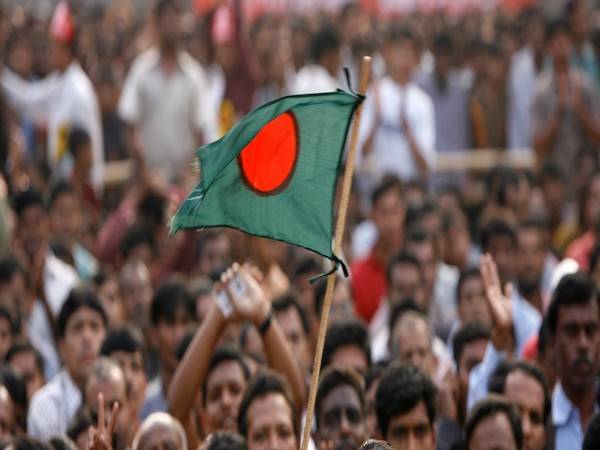
Regional and minority concerns
The political repositioning of Islamist groups has triggered concern both domestically and internationally. India, a key regional stakeholder, has expressed unease over the resurgence of extremist rhetoric and escalating communal tension in Bangladesh. New Delhi has urged the interim government to uphold its responsibility of protecting minorities and maintaining democratic integrity.
Human rights groups have echoed similar concerns, citing rising attacks on minorities and increased sectarian provocations since the interim government assumed office. The fear is that a greater role for Islamist parties could undermine the secular fabric of Bangladesh and embolden forces that had been pushed to the margins after 2008.
As Bangladesh heads into a contentious election season, the political atmosphere remains fluid. Whether the Islamist alliance will crystallise into a unified electoral force or fragment under internal disagreements is yet to be seen. Equally uncertain is whether Jamaat-e-Islami will be fully rehabilitated into electoral politics or continue to face resistance from within the Islamist camp itself.
One thing, however, is clear: the re-emergence of hardline religious parties is reshaping Bangladesh’s political narrative, raising urgent questions about the direction of its democracy, the legacy of its Liberation War, and the safety of its minority communities.


